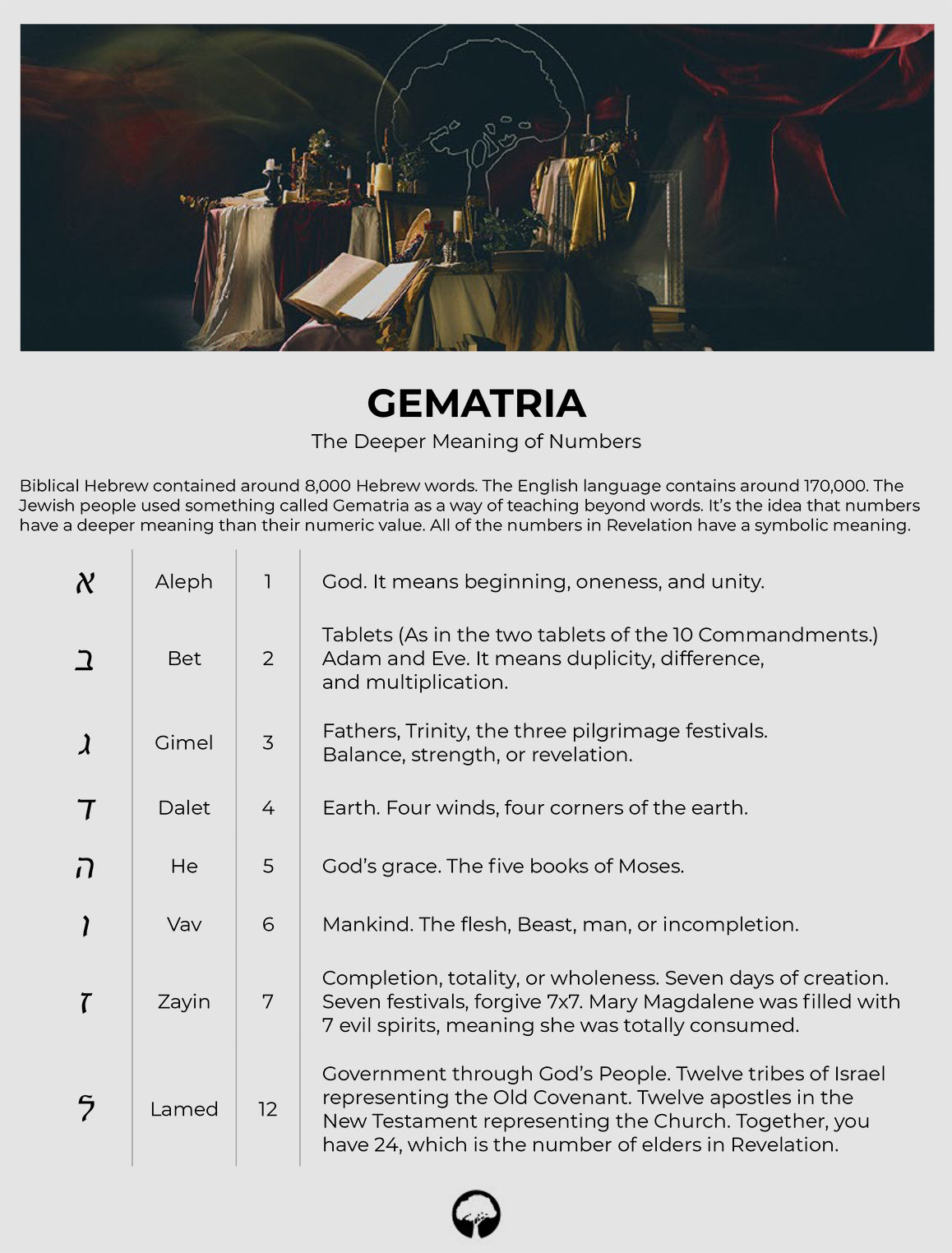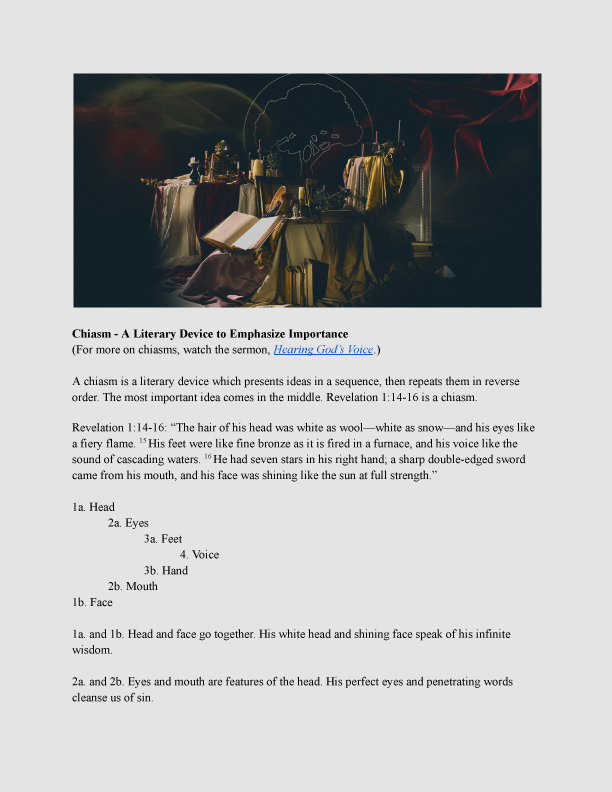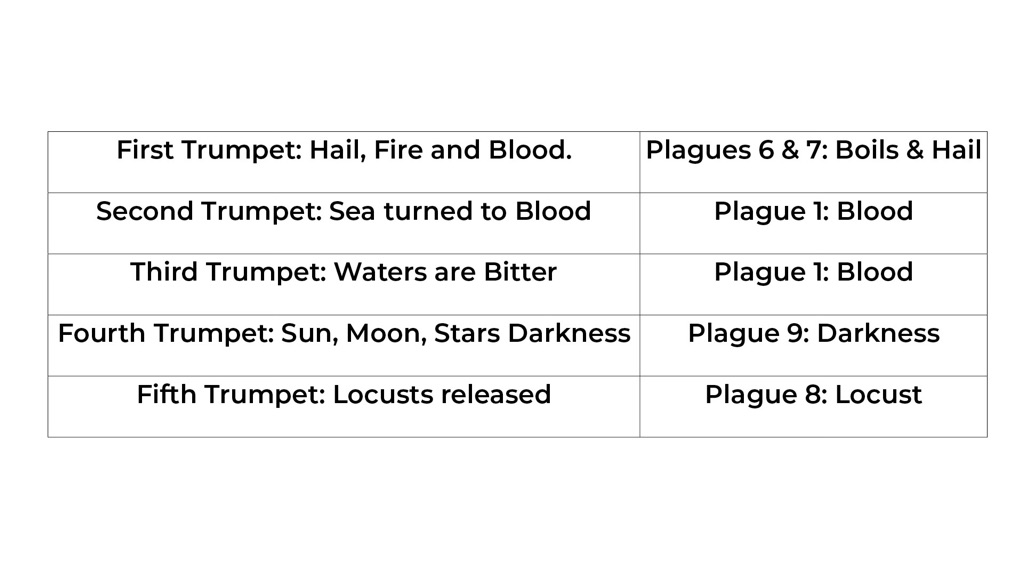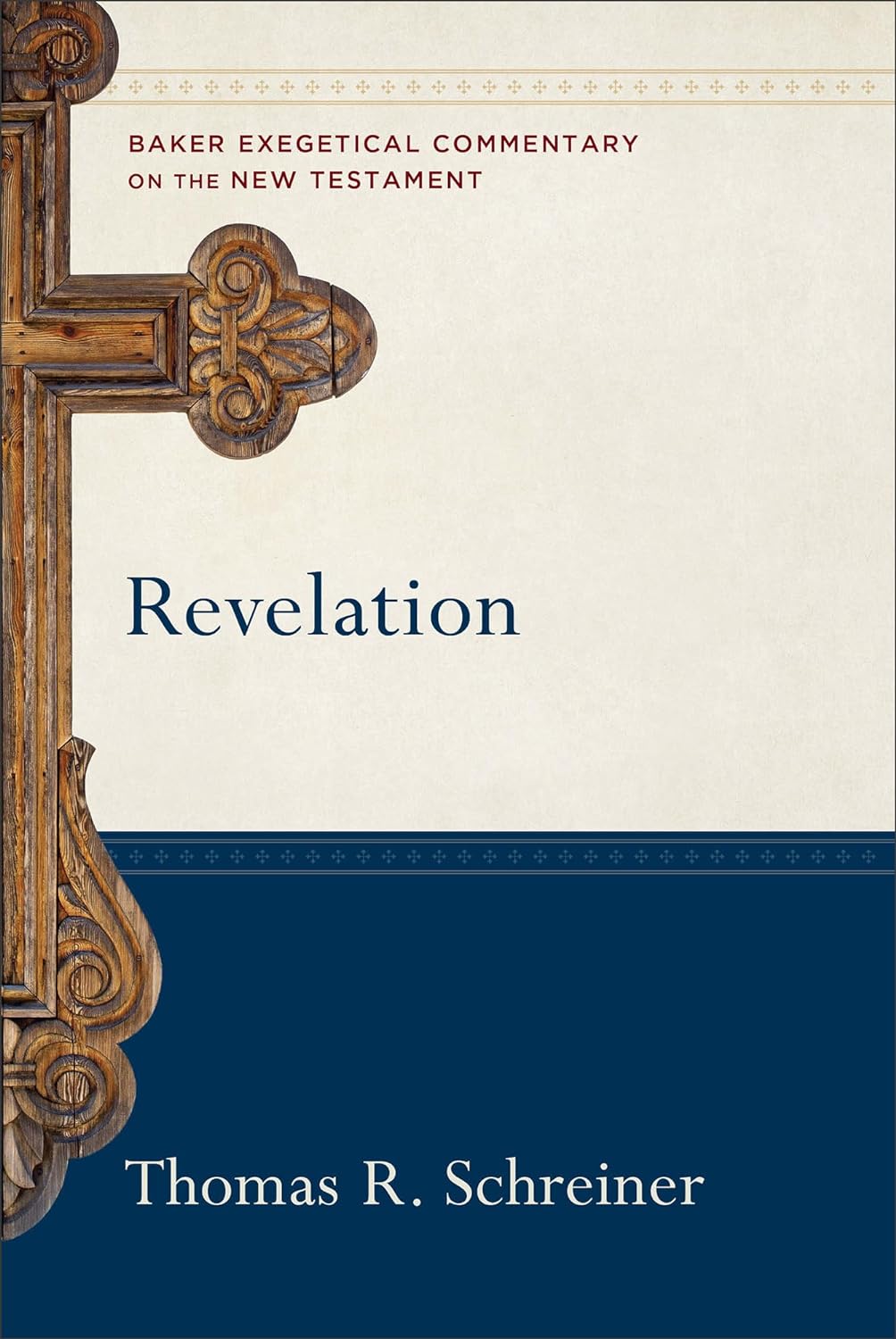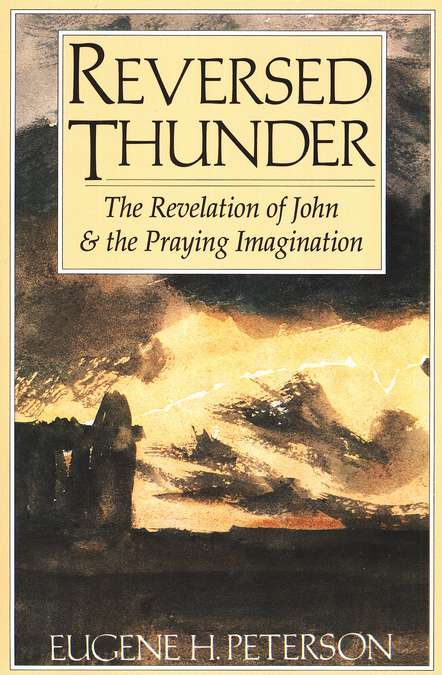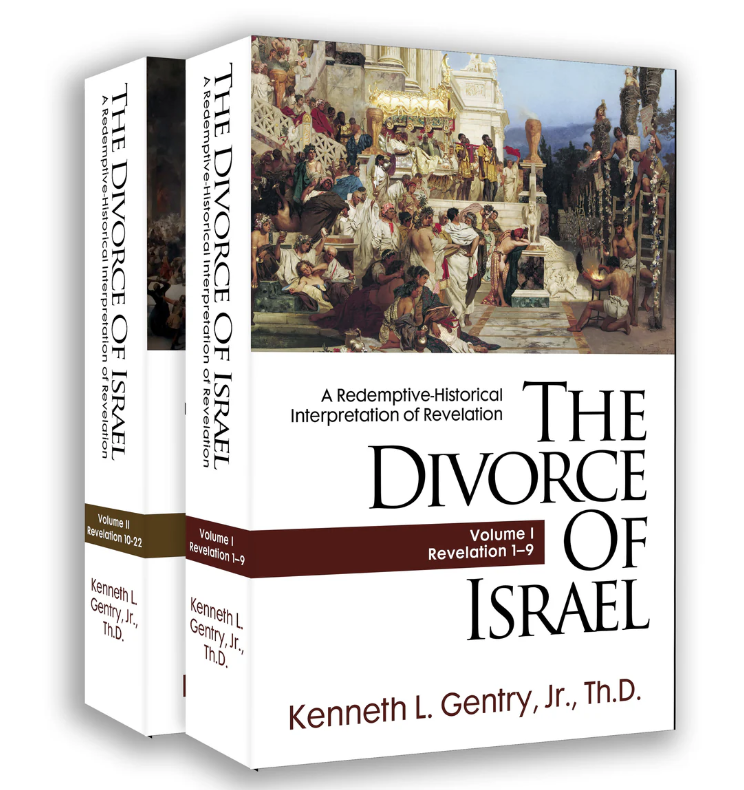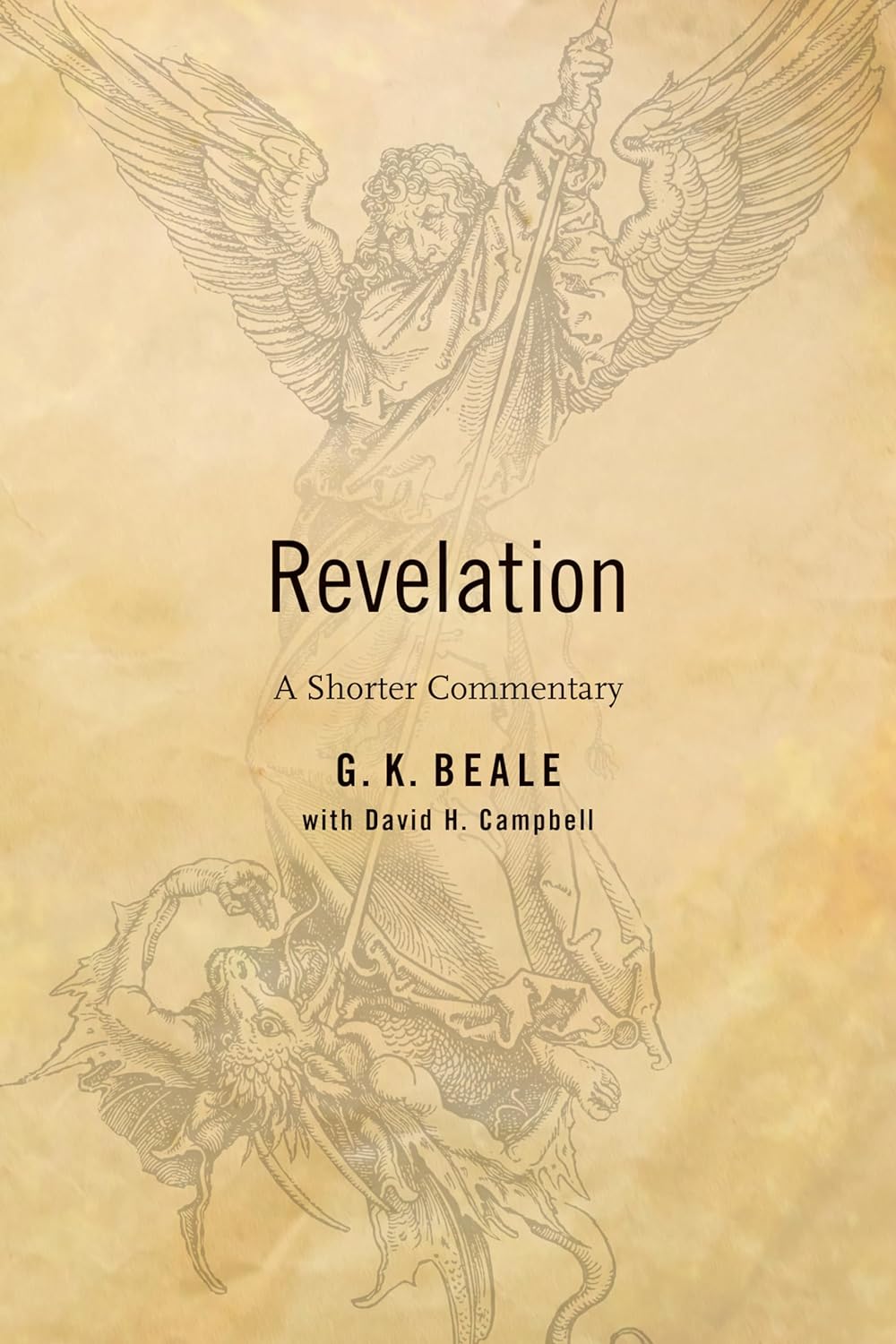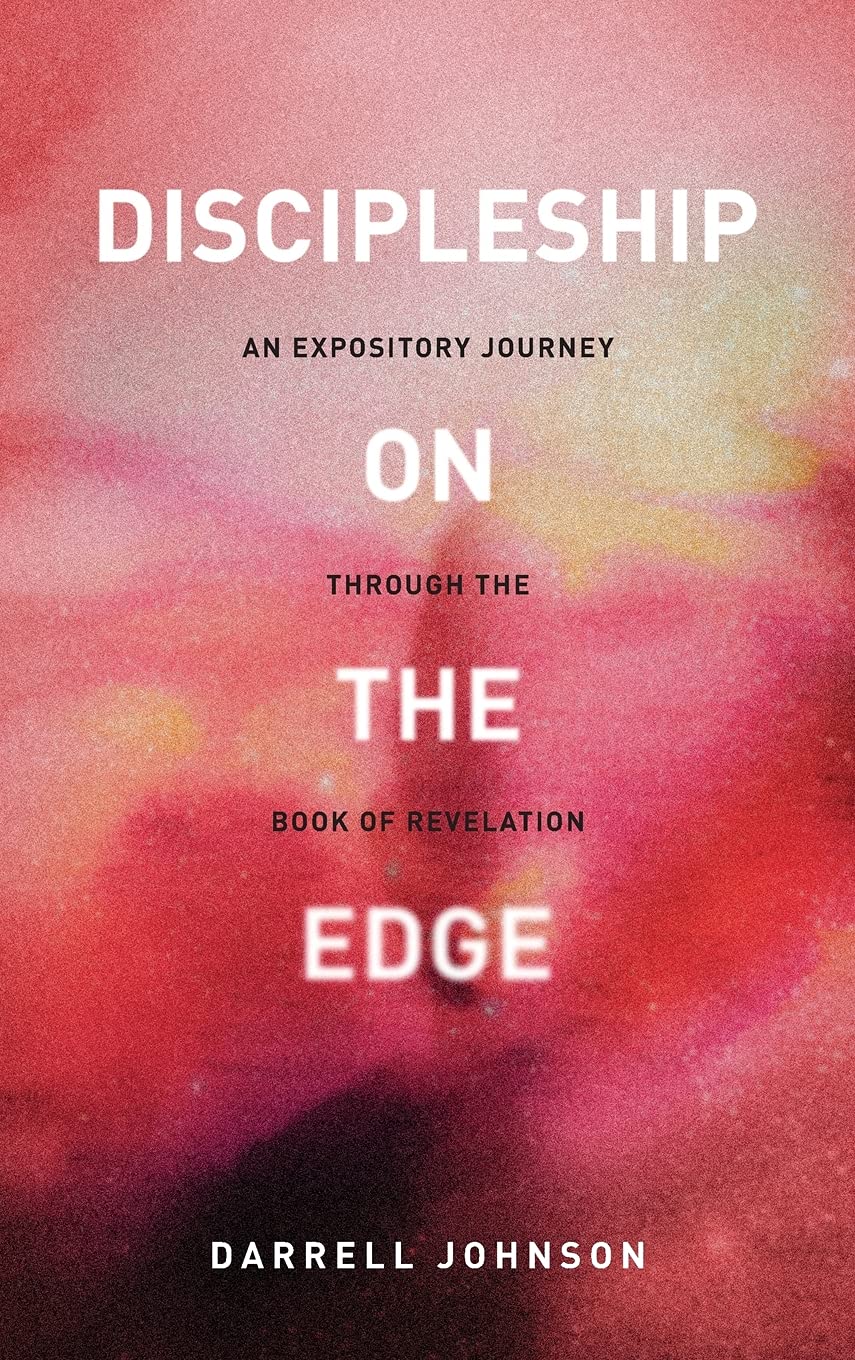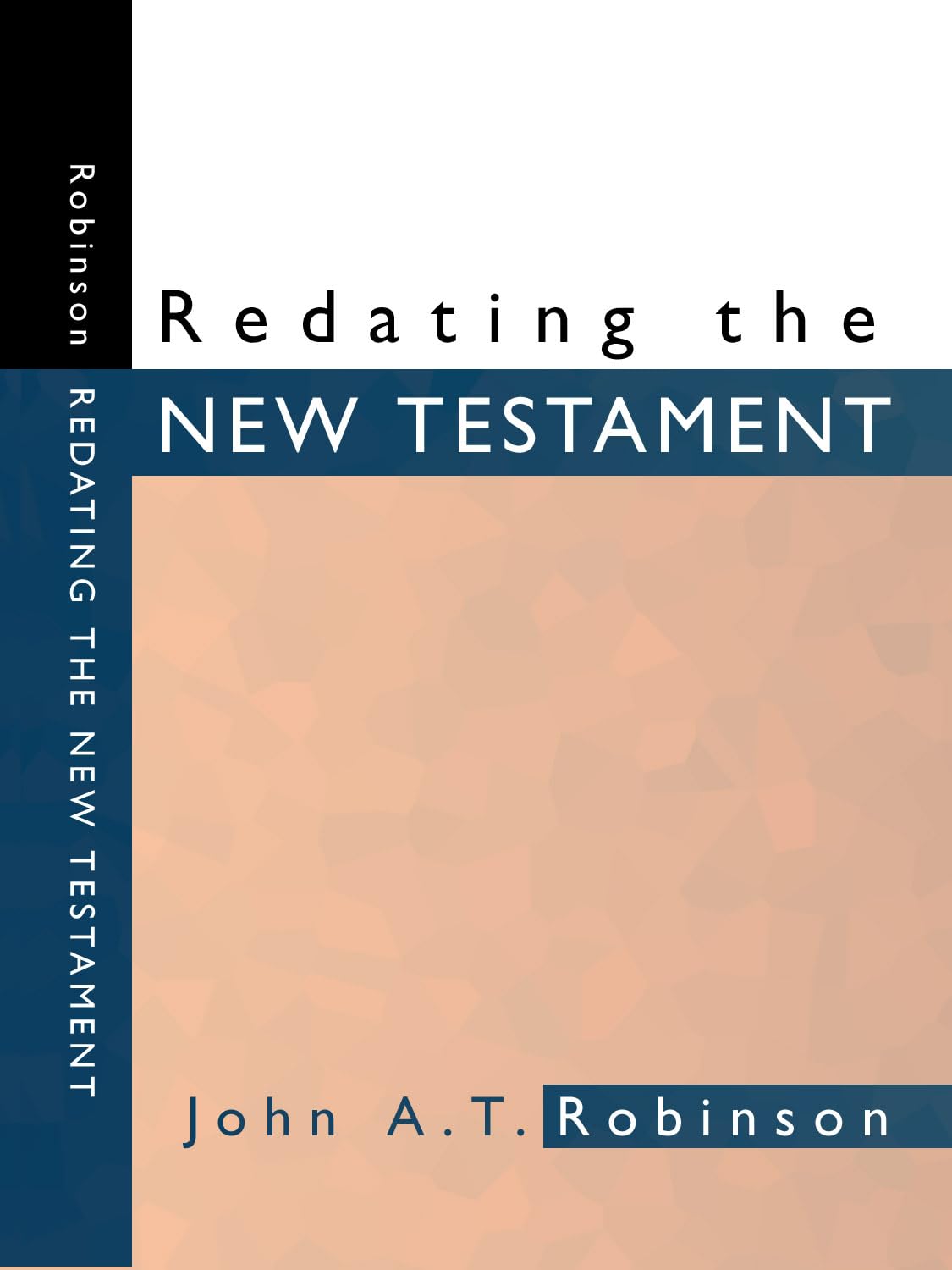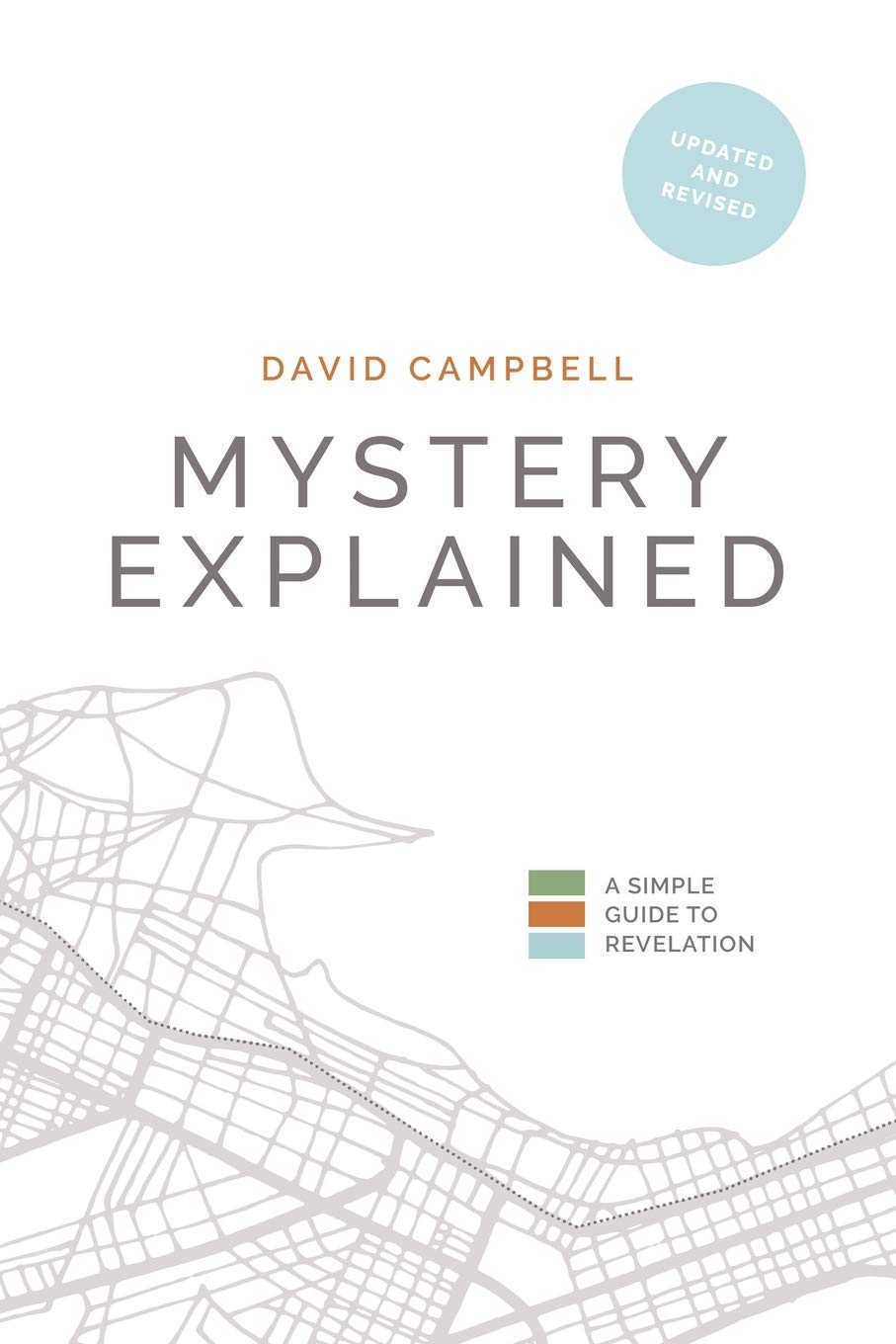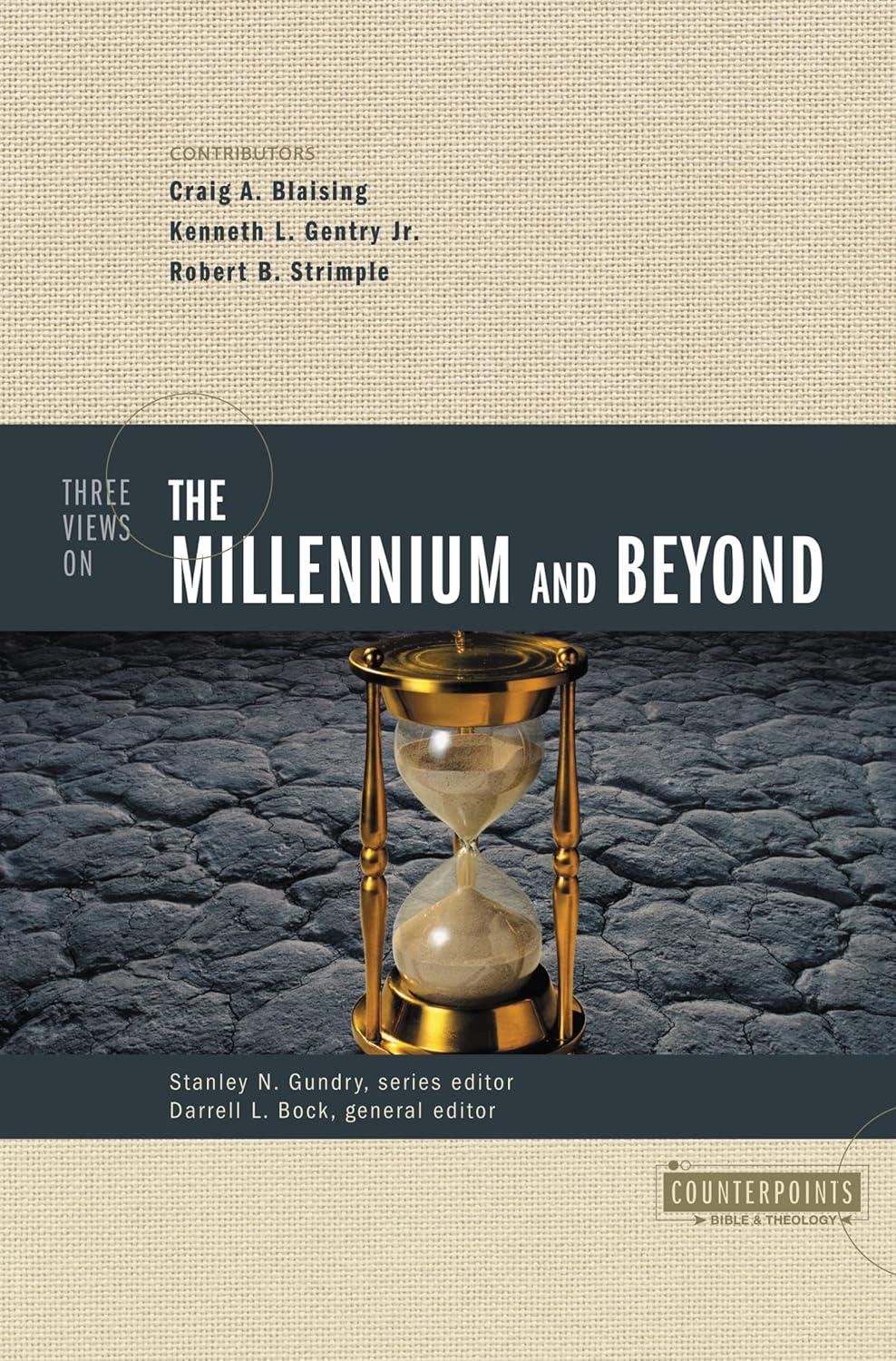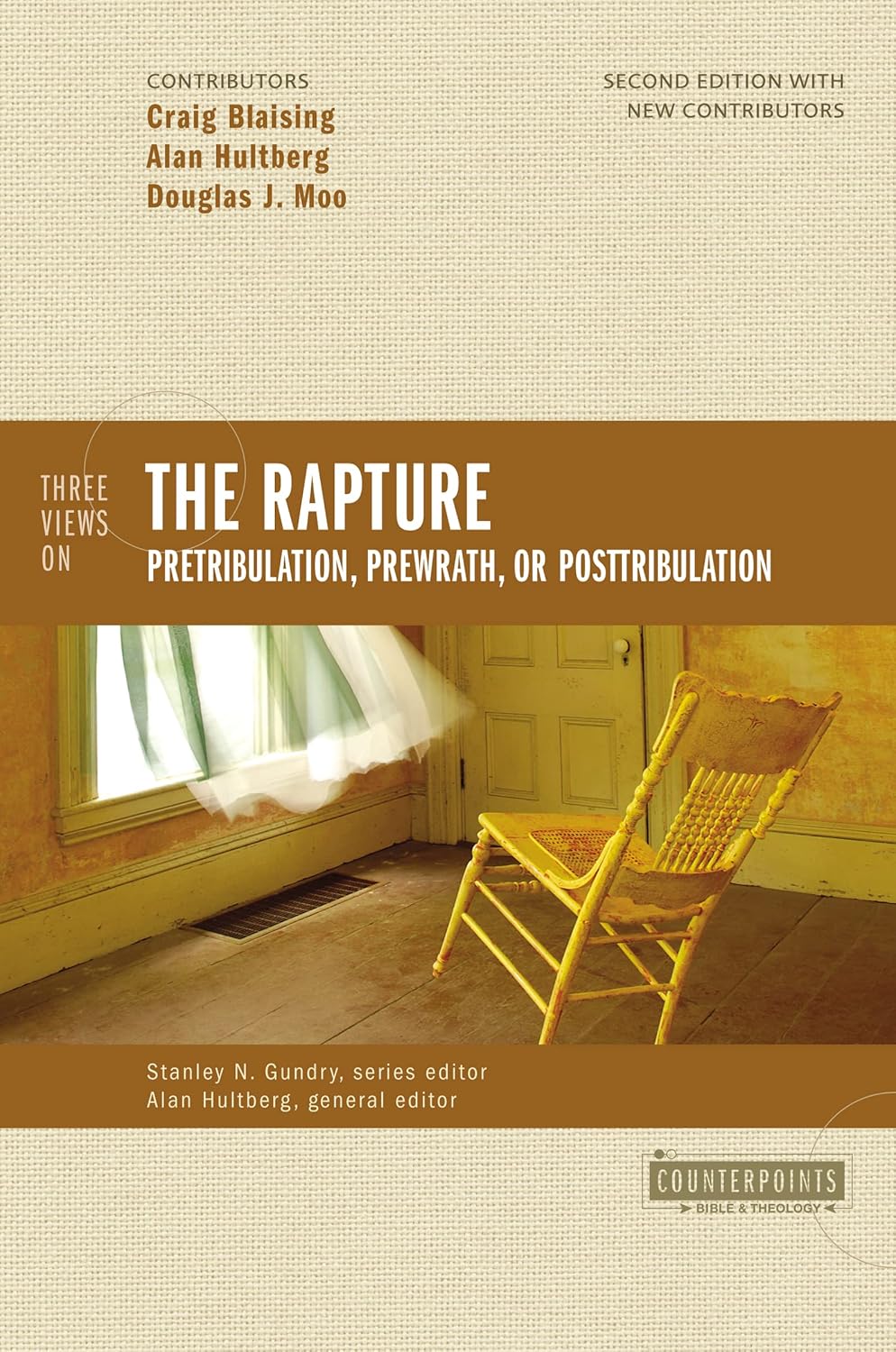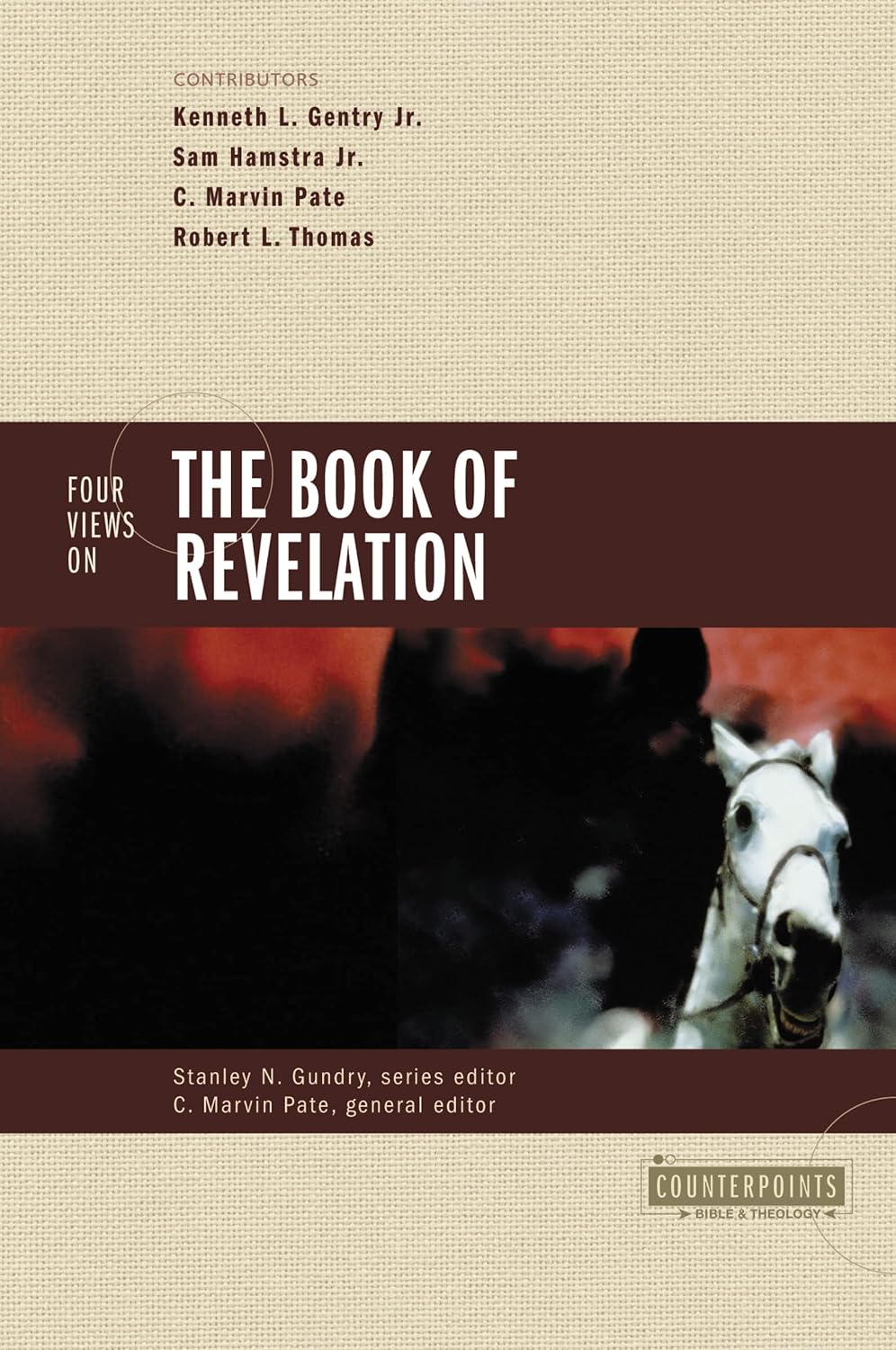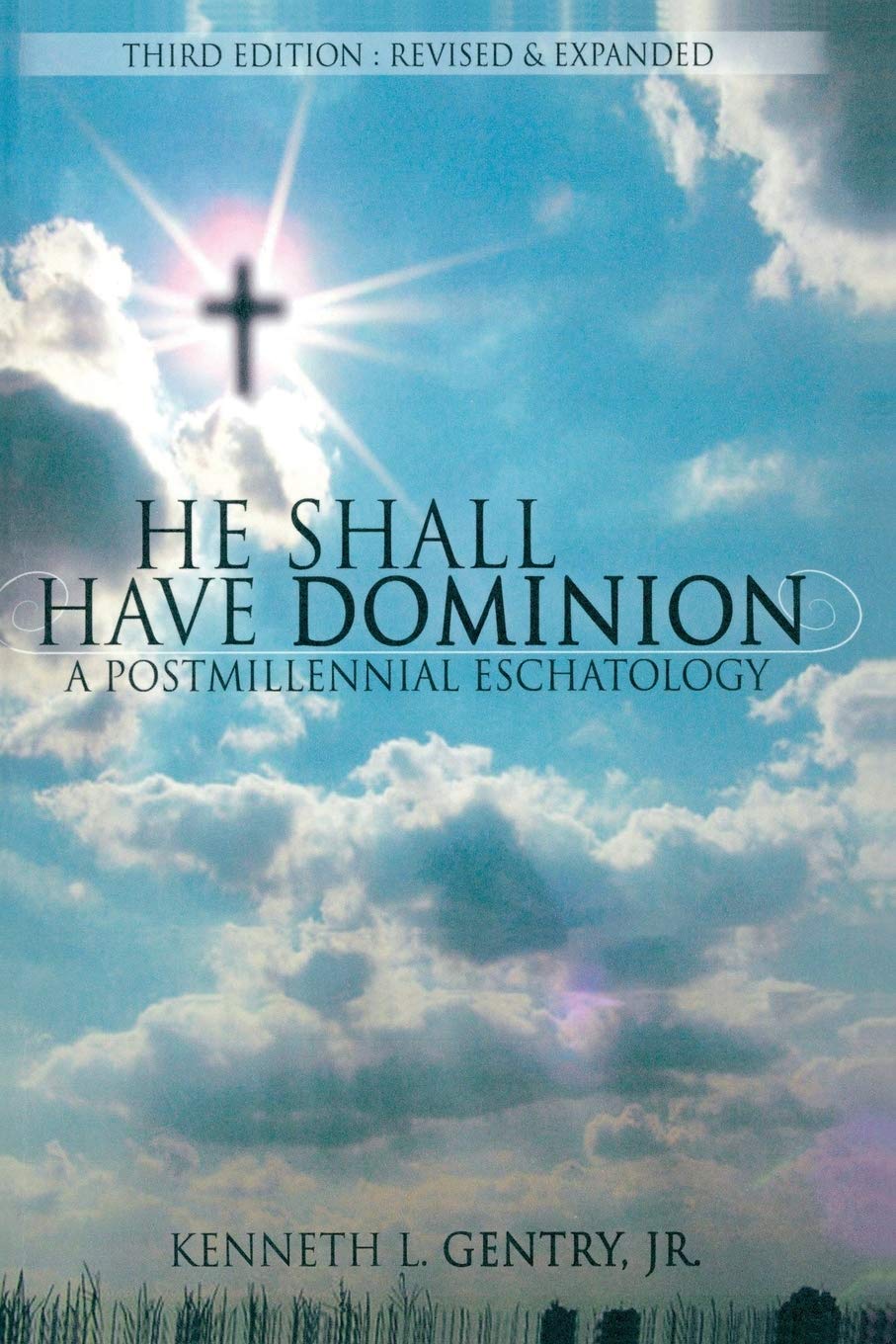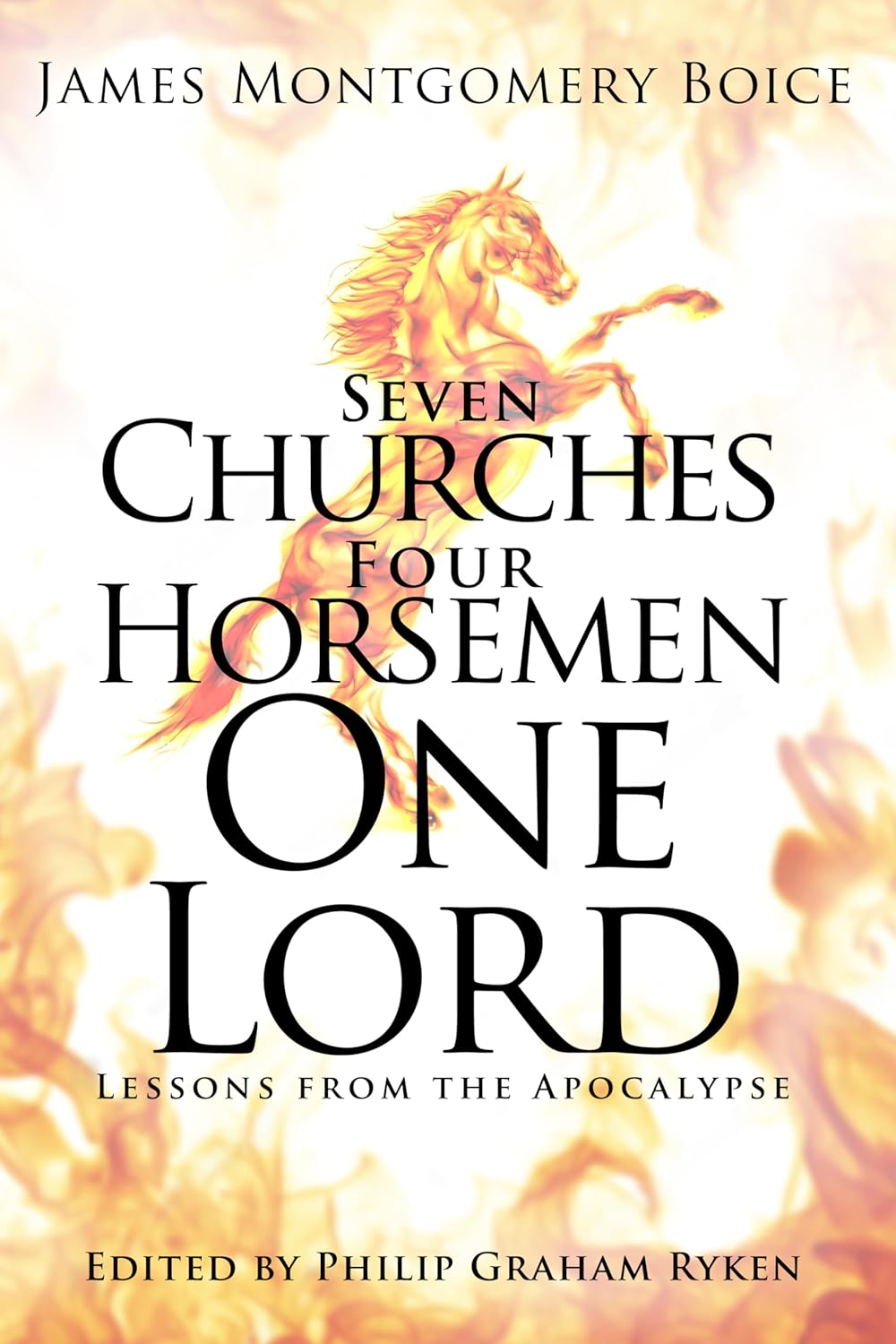


















Throughout 2024, Long Hollow is exploring the book of Revelation through a special series that will cast new light on one of the most misunderstood books of the Bible.
Watch the Full Series Ask a Question
Throughout this series, we'll recommend books, podcasts, and other resources to help you take a deeper dive into God's Word. Be sure to check back often, as more resources are coming soon.
Downloads
An Introduction to Gematria
The Hebrew Alphabet
Chiasm - A Literary Device to Emphasize Importance
Map of the 7 Churches of Revelation
Sermon+
Sermon+ - Diving Deeper Into Revelation
Sometimes Pastor Robby can’t include everything he’d like on Sunday morning. Welcome to Sermon+, where those detailed explanations and extra tidbits are waiting to be discovered. In this brief bonus content, dive deeper into understanding the Scripture and how it applies to your life.
Sermon Slides
Revelation Chart
Comparison of the Seals / Trumpets / Bowls
Comparison of the Trumpets / Egyptian Plagues
Books
Revelation: Baker Exegetical Commentary on the New Testament by Tom Schreiner
In this first volume in the New Testament Theology series, trusted scholar Thomas Schreiner walks step-by-step through the book of Revelation, considering its many themes—the opposition believers face from the world; the need for perseverance; God as sovereign Creator, Judge, and Savior—as well as its symbolic imagery and historical context. The Joy of Hearing brings clarity to the content and message of Revelation and explores its relevance for the church today.
Reversed Thunder by Eugene Peterson
Peterson's eloquent meditation on the Revelation of St. John engages the imagination and awakens the intellect to the vitality and relevance of the last words on scripture, Christ, church, worship, evil, prayer, witness, politics, judgement, salvation, and heaven.
The Divorce of Israel by Kenneth L. Gentry, Jr.
The Divorce of Israel presents a “redemptive-historical” approach to Revelation. In it John presents a forensic drama wherein God is divorcing his old covenant wife Israel so that he can take a new wife, the new covenant “Israel of God” composed of Jew and Gentile alike. Thus, Revelation presents the vitally important redemptive-historical transition from the land-based, ethnically focused, temple-dominated old covenant economy to its worldwide, pan-ethnic, spiritual new covenant fulfillment. And it does so by highlighting God’s judgment upon first-century geo-political Israel.
Revelation: A Shorter Commentary by G. K. Beale
G. K. Beale’s monumental New International Greek Testament Commentary volume on Revelation has been highly praised since its publication in 1999. This shorter commentary distills the superb grammatical analysis and exegesis from that tome (over 1,300 pages) into a book more accessible and pertinent to preachers, students, and general Christian readers.
Discipleship on the Edge by Darrell Johnson
Revelation is probably the most read, but least understood book of the Bible. In Discipleship on the Edge, Darrell W. Johnson drives home the challenging and practical message of Revelation in thirty carefully crafted sermons. Paying careful attention to the circumstances surrounding its composition, Johnson shows that the book is not a "Crystal ball" but rather a "discipleship manual." Thoroughly researched and accessible, this collection of sermons is a helpful resource for pastors and small group leaders who are looking for models to help them preach and teach from Revelation in a time when there is so much confusion about the future.
The Days of Vengeance: An Exposition of the Book of Revelation by David Chilton
A biblical and scholarly exposition of Revelation is laid out for readers to soak up and begin to view the world with renewed hope and optimism. Chilton skillfully shows in detail that Christians will overcome all opposition through the work of Jesus Christ. The book of Revelation is not about the antichrist, the devil, microchips, or bar codes. It is, as the very first verse says, "The Revelation of Jesus Christ."
Redating the New Testament by John A. T. Robinson
On the basis that the fall of Jerusalem is never mentioned in the New Testament writings as a past fact, Dr. Robinson defends that the books of the New Testament were written before A.D. 70....contradicting, of course, the consensus of generations of Bible scholars.
Mystery Explained: A Simple Guide to Revelation by David Campbell
Revelation is known as one of the most complex books in the entire Bible. Wouldn't it be nice to have a road map to keep you from getting lost? In Mystery Explained, David Campbell will guide you through Revelation, pointing out important landmarks and happenings along the way. With his help, the journey through the final book of the Bible will be simple and easy to follow.
Three Views on the Millennium and Beyond (Counterpoints: Bible and Theology) by Stanley Gundy & Darrell Block (Series Editors)
Is there biblical evidence for a thousand-year earthly kingdom (the Millennium) ruled by Christ before the fulfillment of the new heaven and new earth? Revelation chapter 20 seems to suggest so, but few books of the Bible are so difficult to interpret. And a discussion of the Millennium branches out into many other theological questions about the end times (eschatology): Are these the last days? What must happen before Jesus returns? What part does the church play? This Counterpoints volume compares three views of the Robert B. Strimple, Kenneth L. Gentry Jr., and Craig A. Blaising offer their perspectives, giving their exegetical reasoning. Each of them then responds to the views held by their peers in a respectful and informative setting, making it easy for you to compare their beliefs and gain a better understanding of how this aspect of Christianity's great hope--the return of Jesus--is understood by the church. The Counterpoints series presents a comparison and critique of scholarly views on topics important to Christians that are both fair-minded and respectful of the biblical text. Each volume is a one-stop reference that allows readers to evaluate the different positions on a specific issue and form their own, educated opinion.
Three Views on the Rapture: Pretribulation, Prewrath, or Posttribulation (Counterpoints: Bible and Theology) by Stanley Gundy & Darrell Block (Series Editors)
Thoroughly examining the doctrine of the rapture and its effects on the church, this volume offers a historical overview of the background and evidence pertaining to three main evangelical viewpoints---Blaising on pretribulation, Hultberg on pre-wrath, and Moo on post-tribulation. After each contributor explains his position, the other two critique its strengths and weaknesses.
Four Views on the Book of Revelation (Counterpoints: Bible and Theology) by Stanley Gundy & Darrell Block (Series Editors)
Is the book of Revelation a blueprint for the future that needs decoding if we want to understand current events? Is it a book of powerful imagery, with warnings and promises for the church throughout the ages? Or is it essentially an imaginative depiction of historical events in the first century? Four Views on the Book of Revelation explores the four main views in which Revelation is understood: preterist, idealist, classical dispensationalist futurist, and progressive dispensationalist.
He Shall Have Dominion: A Postmillennial Eschatology by Kenneth L. Gentry
In this greatly expanded and wholly updated version of Dr. Gentry's classic study of postmillennialism, you will sense anew the powerful message of Psalm 72 that Christ "shall have dominion from sea to sea" (Psa 72:8). You will learn that God's word promises that "the whole earth will be filled with his glory" (72:19) so that "all nations will call him blessed" (72:17) before Christ returns.
Many evangelicals today are concerned about those being Left Behind on this Late Great Planet Earth as it collapses into absolute chaos. But the postmillennialist optimistically believes that He Shall Have Dominion throughout the earth. In this book you will find the whole biblical rationale for the postmillennial hope, from its incipient beginning in Genesis to its glorious conclusion in Revelation. Your faith will be re-invigorated as you begin to recognize that "the gospel is the power of God unto salvation" (Rom 1:16) and that our Lord Jesus really meant it when he commanded us to "go and make disciples of all the nations" (Matt 28:19).
Seven Churches, Four Horsemen, One Lord: Lessons from the Apocalypse by James Montgomery Boice
James Boice was known in his pastoral ministry for offering clear, practical, and biblical instruction. Never before published, this dynamic work on Revelation 1–6 gives his final thoughts on the church and on worship, as well as on facing trials in the light of heavenly realities and Christ’s return. What does Christ expect of his church on earth? How does he desire his people to worship him? What hope does he give for his people when they suffer? As you look to the future for Christ’s return, learn how to live now for his glory.
Kingdom Come: The Amillennial Alternative by Sam Storms
The second coming of Christ is a matter of sharp disagreement amongst Christians. Many hold to premillennialism: that Christ's return will be followed by 1,000 years before the final judgement, a belief popularised in the popular Left Behind novels. However, premillennialism is not the only option for Christians. In this important new book, Sam Storms provides a biblical rationale for amillennialism; the belief that 1,000 years mentioned in the book of Revelation is symbolic with the emphasis being the King and his Kingdom.
Kingdom Come: The Amillennial Alternative by Sam Storms
The second coming of Christ is a matter of sharp disagreement amongst Christians. Many hold to premillennialism: that Christ's return will be followed by 1,000 years before the final judgement, a belief popularised in the popular Left Behind novels. However, premillennialism is not the only option for Christians. In this important new book, Sam Storms provides a biblical rationale for amillennialism; the belief that 1,000 years mentioned in the book of Revelation is symbolic with the emphasis being the King and his Kingdom.
Glossary
Apocalypse - unveiling or uncovering something that was hidden. (Discussed in the message The Apocalypse Now on January 14, 2024)
Eisegesis - putting into the text what you want it to say. (Discussed in the message The Apocalypse Now on January 14, 2024)
Exegesis - pulling out of the text what God is trying to say. (Discussed in the message The Apocalypse Now on January 14, 2024)
Gematria - the deeper meaning of numbers. See more in the downloads section above. (Discussed in the message The Key to Understanding Revelation on January 7, 2024)
Prophecy - forthtelling, which calls us to action today. (Discussed in the message The Apocalypse Now on January 14, 2024)
